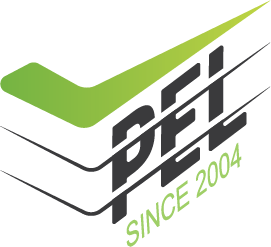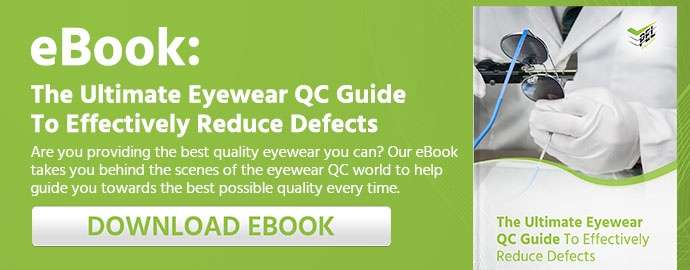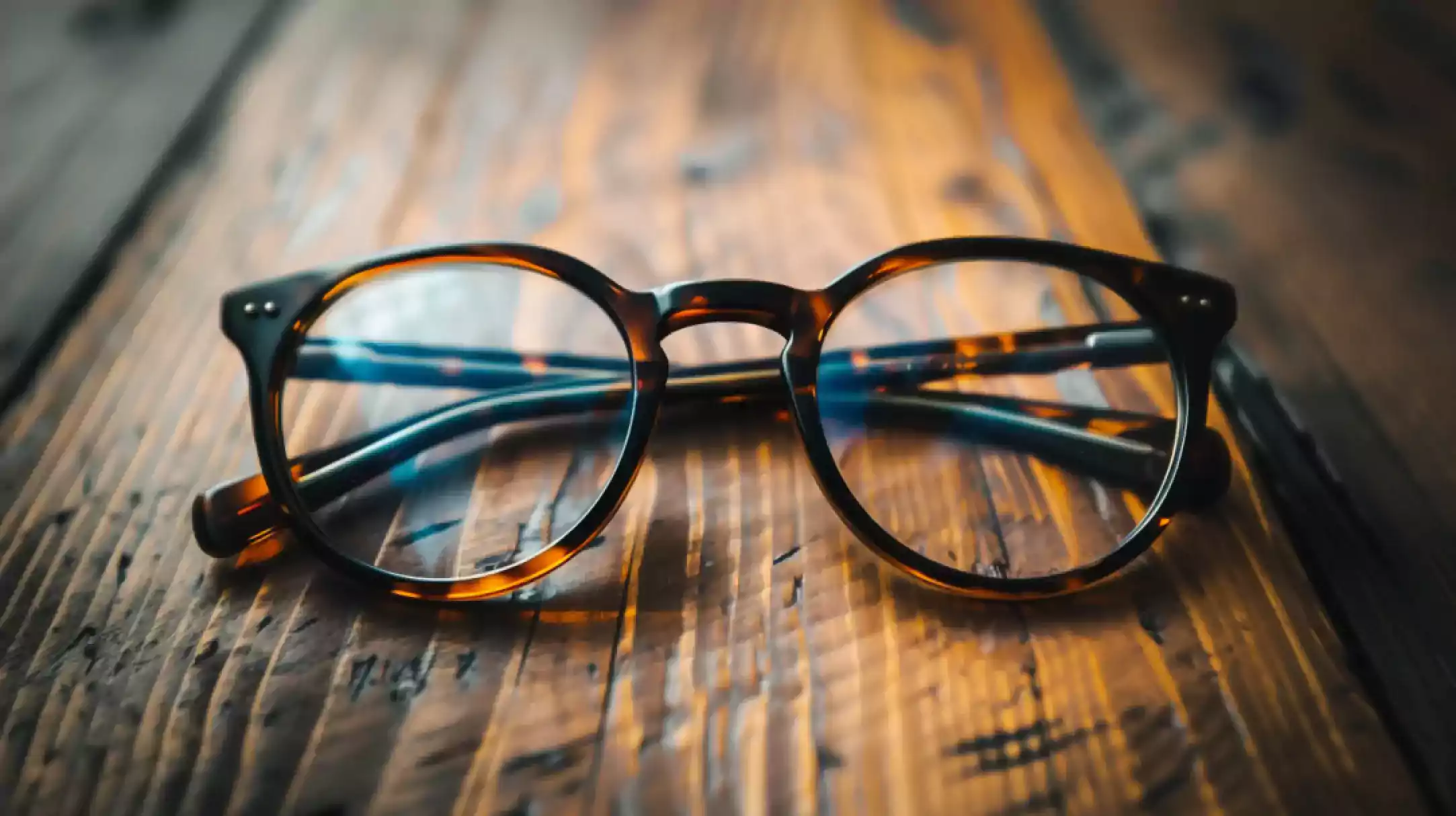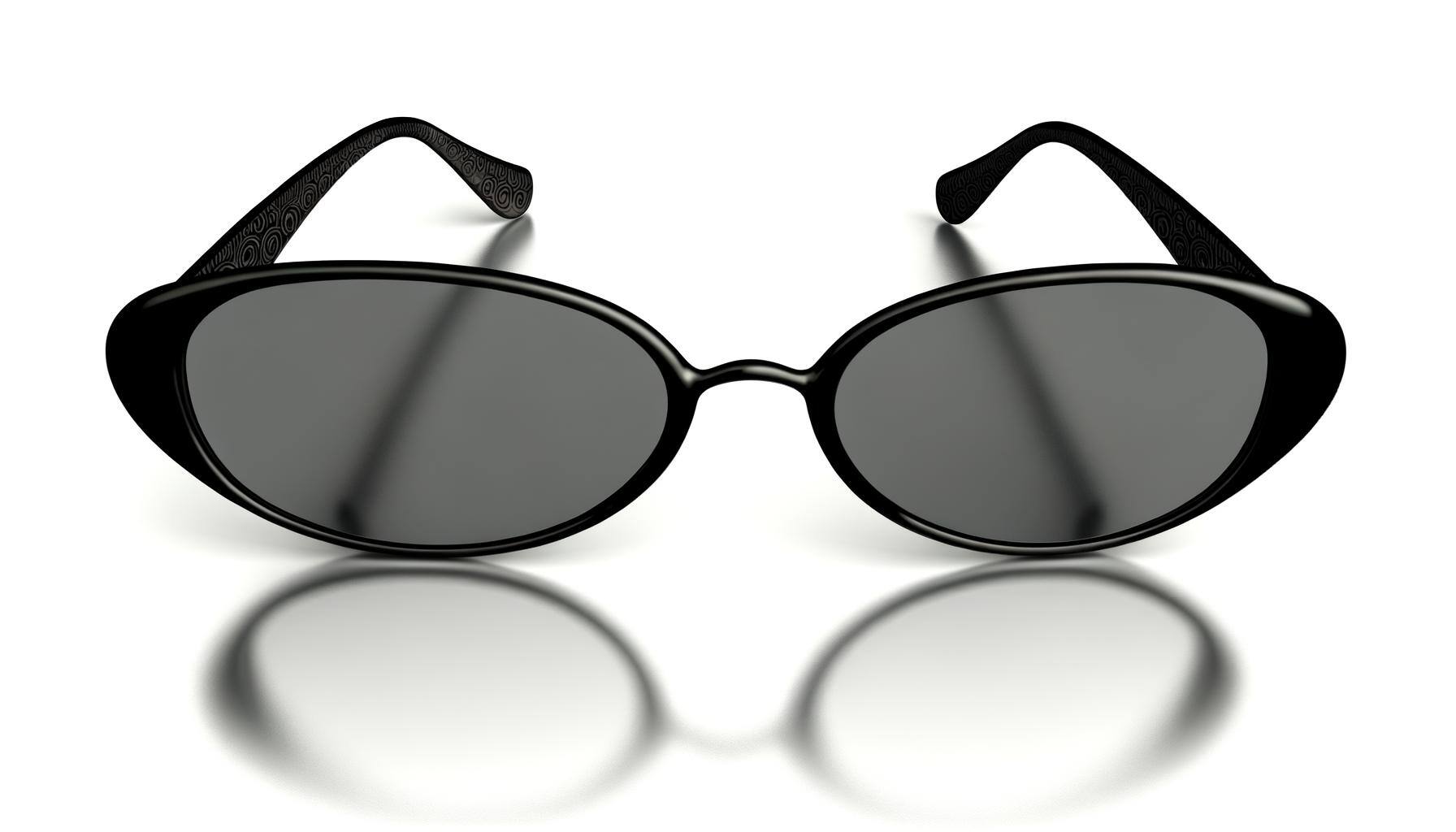The fashion industry is undergoing a transformative shift towards sustainability, driven by increasing consumer demand for transparency and responsibility. One significant development in this movement is the rise of sustainable glasses frames. Made from eco-friendly materials like recycled plastics and bio-based substances, these frames reduce environmental impact while embodying a commitment to ethical practices. This push towards sustainability is further reinforced by regulatory and corporate governance frameworks, such as Environmental, Social, and Governance (ESG) reporting. Environmental, Social, and Governance (ESG) reporting has become a mandatory requirement for many companies, particularly those that are publicly listed. ESG reports compel companies to disclose their sustainability practices, driving the adoption of greener and more ethical operations. For brands, it is important to understand the innovations, benefits, and importance of sustainable eyewear.
Benefits of Sustainable Glasses Frames
Sustainable glasses frames help reduce environmental impact by using recycled and bio-based materials, promoting ethical sourcing and fair labour practices, and enhancing brand reputation while potentially lowering production costs through waste reduction and energy efficiency.
Shifting towards sustainability in eyewear production and retail also helps prepare businesses for the growing demand for sustainable eyewear products. As consumer awareness grows, it is crucial for eyewear brands to continue innovating and adopting eco-friendly practices.
Sustainable Eyewear Manufacturing Certifications & Labels
Key sustainability certifications and labels play a crucial role in this transition for brands trying to become more eco-friendly, setting standards and benchmarks for sustainable practices. For eyewear manufacturers, obtaining these certifications ensures that their products meet stringent environmental and ethical criteria, providing assurance to consumers and a competitive edge in the market. The following sections outline some of the most important certifications and their relevance to the eyewear industry:
B Corp Certification
Criteria and Benefits: B Corp certification assesses a company’s social and environmental performance. It ensures that a company meets high standards of verified performance, accountability, and transparency. For eyewear manufacturers, achieving B Corp status means demonstrating a commitment to sustainability throughout their operations, from sourcing materials to production and labour practices.
Relevance to Eyewear Manufacturing: with B Corp certification, Eyewear companies assure consumers that their products are made responsibly, enhancing brand reputation and customer loyalty. This certification can also attract eco-conscious consumers who prioritise ethical brands.
Challenges and Solutions: Obtaining B Corp certification can be resource-intensive, requiring thorough documentation and evaluation. Companies can overcome these challenges by integrating sustainability into their core business strategy and continuously improving their practices to meet the certification standards.
Global Recycled Standard (GRS)
Criteria and Benefits: The Global Recycled Standard verifies the recycled content of products and ensures responsible social, environmental, and chemical practices in production. For eyewear manufacturers, GRS certification confirms that their frames made from recycled materials meet stringent environmental criteria.
Relevance to Eyewear Manufacturing: GRS certification is particularly relevant for companies using recycled plastics in their frames. It provides a competitive edge by validating the sustainability claims of their products and appealing to environmentally conscious consumers.
Challenges and Solutions: Challenges in obtaining GRS certification include sourcing high-quality recycled materials and maintaining consistent production standards. Eyewear manufacturers can address these challenges by partnering with reliable suppliers and implementing robust quality control processes.
International Sustainability & Carbon Certification (ISCC)
Criteria and Benefits: ISCC focuses on the sustainable sourcing of raw materials, providing a global certification system for biomass and other bio-based feedstocks. This certification ensures that materials used in production are sustainably sourced and have a lower environmental impact.
Relevance to Eyewear Manufacturing: For eyewear manufacturers using bio-based materials like castor oil, ISCC certification demonstrates a commitment to sustainable sourcing, reducing the overall carbon footprint of their products.
Challenges and Solutions: Securing ISCC certification can be complex due to the need for traceability and verification of raw materials. Manufacturers can overcome these obstacles by establishing transparent supply chains and working closely with suppliers to ensure compliance with ISCC standards.
Carbon Reduction Initiatives
Criteria and Benefits: Carbon reduction initiatives aim to reduce greenhouse gas emissions, helping companies mitigate their climate impact. For eyewear manufacturers, these initiatives involve optimising production processes and sourcing low-carbon materials.
Relevance to Eyewear Manufacturing: By participating in carbon reduction initiatives, eyewear companies can significantly lower their environmental impact and appeal to consumers concerned about climate change.
Challenges and Solutions: Implementing carbon reduction strategies can be challenging due to the need for technological upgrades and process changes. Solutions include investing in energy-efficient machinery and adopting renewable energy sources in manufacturing facilities.
Life Cycle Assessment (LCA)
Criteria and Benefits: Life Cycle Assessment (LCA) is a methodology for assessing the environmental impacts associated with all stages of a product's life, from raw material extraction to disposal. LCA provides a comprehensive view of these impacts, helping companies make informed decisions about sustainable product design and manufacturing processes.
Relevance to Eyewear Manufacturing: For eyewear manufacturers, LCA helps identify areas for improvement in sustainability, ensuring that every stage of the product’s life cycle minimises environmental impact.
Challenges and Solutions: Conducting an LCA can be resource-intensive and require specialised expertise. Companies can address this by partnering with sustainability consultants and leveraging software tools designed for LCA to streamline the assessment process.
Innovations in Sustainable Glasses Frames
The move towards sustainability in eyewear has sparked significant innovations, particularly in the materials used to make glasses frames. Traditional eyewear manufacturing often relies on materials like virgin plastic and metal, which have substantial environmental footprints. In contrast, sustainable glasses frames are increasingly being crafted from eco-friendly materials, such as recycled plastics and bio-based materials.
Recycled Plastics
Recycled plastics are sourced from post-consumer waste, such as discarded water bottles and other plastic products. These plastics are collected, cleaned, and processed into new, durable frames.
Environmental Benefits:
- Diverts waste from landfills and oceans.
- Reduces demand for new plastic production, conserving resources and energy.
Industry Example:
- Brands like Sea2See use recycled marine plastic to create stylish and sustainable eyewear.
Bio-Based Materials
Bio-based materials are derived from renewable biological resources, such as plant-based polymers. These materials offer a more sustainable alternative to conventional plastics.
Example:
- Frames made from castor oil, a renewable resource, are lightweight, durable, and biodegradable.
Environmental Impact:
- Reduces environmental impact during production.
- Ensures a lower carbon footprint throughout the product lifecycle.
Advanced Testing and Quality Assurance
Innovations are not limited to materials and manufacturing processes; they also extend to the testing and quality assurance of sustainable glasses frames. Eyewear testing laboratories like PEL are at the forefront of this movement, employing state-of-the-art equipment and techniques to ensure that sustainable eyewear meets the highest standards of quality and performance.
Role of Eyewear Testing Laboratories:
- Employ state-of-the-art equipment and techniques.
- Ensure that sustainable eyewear meets the highest standards of quality and performance.
Industry Leader:
- Eyewear testing laboratories like PEL are at the forefront of this movement.
Carbon Footprint Verification for Sustainable Eyewear
At PEL, we provide a one-stop service for Carbon Neutrality of Products, including eco-frame glasses and sustainable sunglasses. Our eyewear carbon footprint verification services assess the materials used behind sustainable glasses and the carbon emissions released during production. We also offer reduction strategies, offsetting options, and sustainability consulting. By partnering with PEL, eyewear brands can ensure their products meet stringent environmental and ethical standards, making a positive impact and leading the way towards a more responsible and ethical future.


%20(1).jpg)



.jpg)



